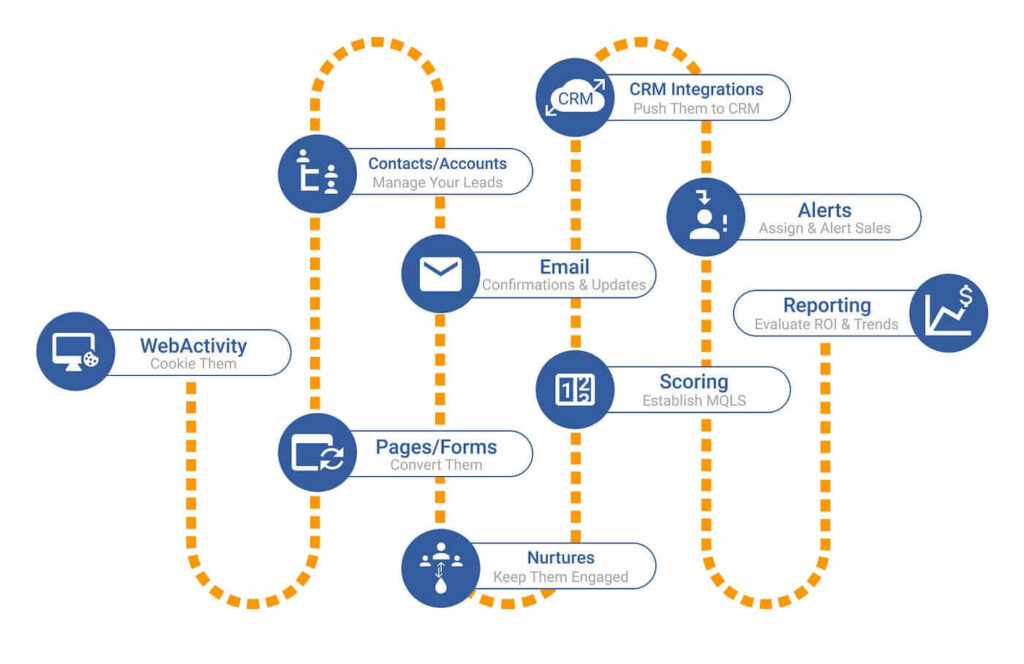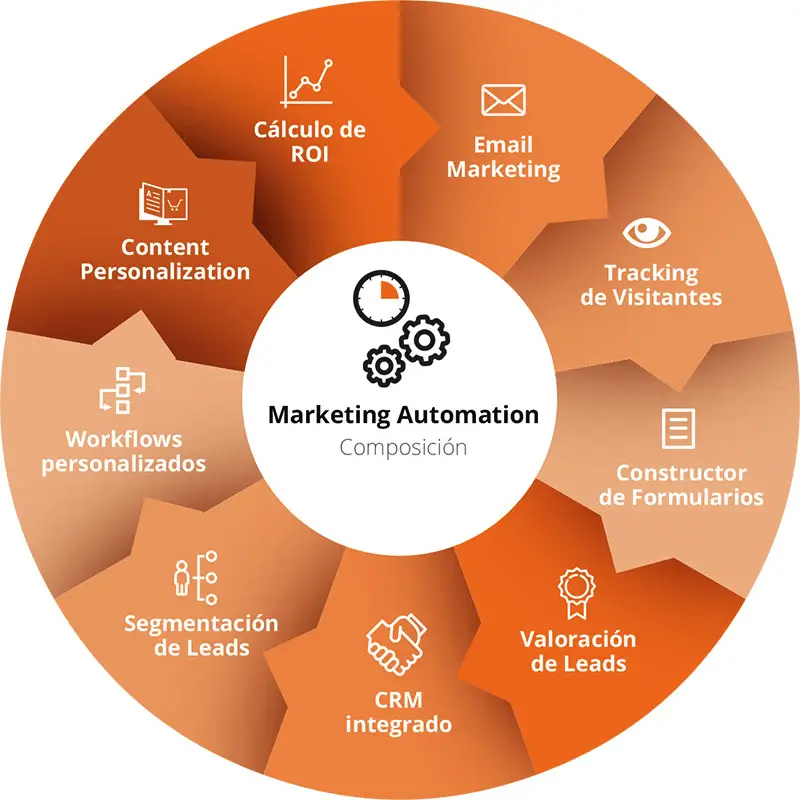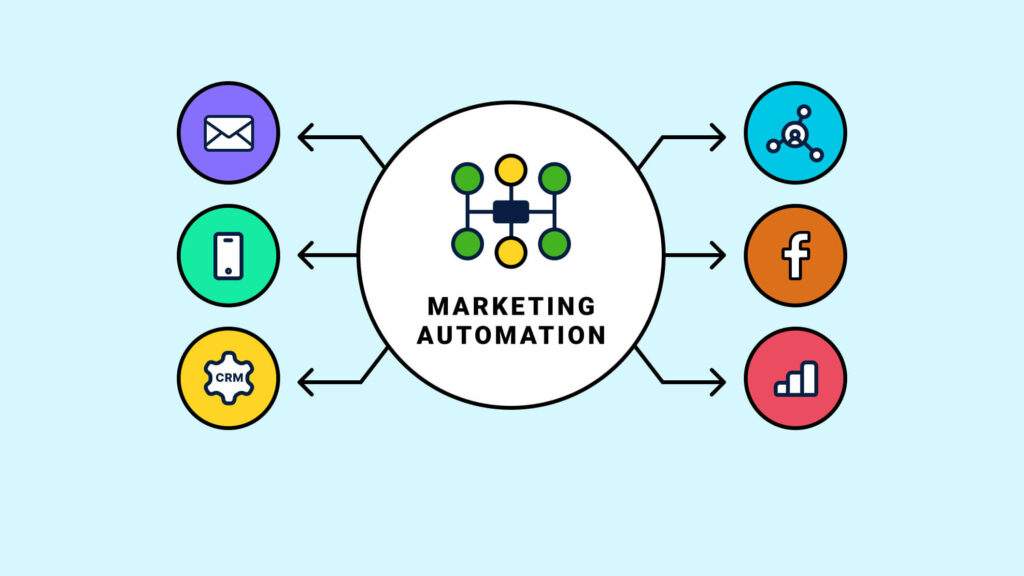Automation of all kinds is a powerful tool, but digital marketing automation software is an opportunity companies cannot afford to miss in today’s digital-centric world. Marketing automation used to be a very expensive marketing element that only a few companies could invest in, but thanks to high-tech solutions, it has become a viable option for all companies.
The most common types of marketing automation are found in email campaigns, chatbots, and content creation tools. The possibilities for marketing automation are endless and we’re always improving. Automating tasks can save a lot of time, but it can also help you deliver a more consistent experience across multiple channels.

A quick Google search for marketing automation tools will return more results than you can take your time, but you should take your time to find the most effective solutions in your industry. From leads created by your CRM (customer relationship management) system to create more personalized communications with your customers, marketing automation is one of the best strategies for increasing your return on investment.
Investing in marketing automation can also lead to increased productivity, saving your marketing team time while allowing them to focus on other tasks they need to do or discover new marketing opportunities. Marketing teams can feel more creative, energized, and empowered by eliminating mundane, repetitive tasks.
ChatBots
Chatbots are a type of automated tool that can answer basic questions that potential customers might want to ask before purchasing a product or using a service. Chatbots can simulate human speech based on computer programs. The capabilities and quality of chat robots continue to evolve as artificial intelligence and machine learning become more complex.

So some of the early conversations went too far and only confused the answers customers needed. A chatbot that can answer most questions saves employees the time it takes to answer that question over the phone or reply to an email. If you receive more than 100 questions every week, it saves a lot of time.
Email Marketing
Email marketing has many time-consuming tasks that automation software can make quick and easy. For example, if someone signs up to receive your newsletter on your website, they will be added to your mailing list and redirected when the newsletter is sent. There are many different workflows that you can install in your email marketing automation software to power your email marketing strategy.
“Bad” and “good” marketing automation
Traditional marketing automation usually refers to triggering emails based on time delays or actions such as email opens or email clicks. But can an email click alone give you enough data to implement a personalized candidate delivery strategy for your client?
Marketing automation strategies that provide limited data to marketers often result in poor marketing automation. To provide a good experience to potential customers, you need a binding about who the leaders are and what they are interested in.

Marketing automation, backed by a detailed strategy, focuses on prospects. Inbound marketing automation uses everything it knows about an individual to inform your automation strategy. That’s why we provide the information you need to buy, when and where you need it.
Good marketing automation takes into account the evolving needs of prospects, their behavior, and interactions across all marketing channels. By using behavioral information from multiple channels such as social media, viewing pricing pages, and consuming specific content, marketers have the context they need to fully understand their customers’ challenges. can be obtained. The most effective marketing automation uses these various channels to communicate beyond email.
The most effective marketing automation uses these various channels to communicate beyond email. This means the success of your campaign is less dependent on email and making full use of the various channels that influence a buyer’s decision.
When is the right time to invest in marketing automation?
When you’re ready to publish great content, steadily generate new organic leads, and scale your efforts, it’s time to focus on a marketing automation strategy that gets your high-value customers paying. Here are some good questions to ask yourself when deciding if marketing automation is the right move for your business:
- Are you constantly getting new potential leads?
- Are you observing your potential customers’ digital body language across all touchpoints and marketing channels?
- Do you have a proven leadership training strategy you’d like to expand on?
These are all good signs that marketing automation can help your business. The key here is to understand that marketing automation doesn’t do marketing, it helps scale successful initiatives.


